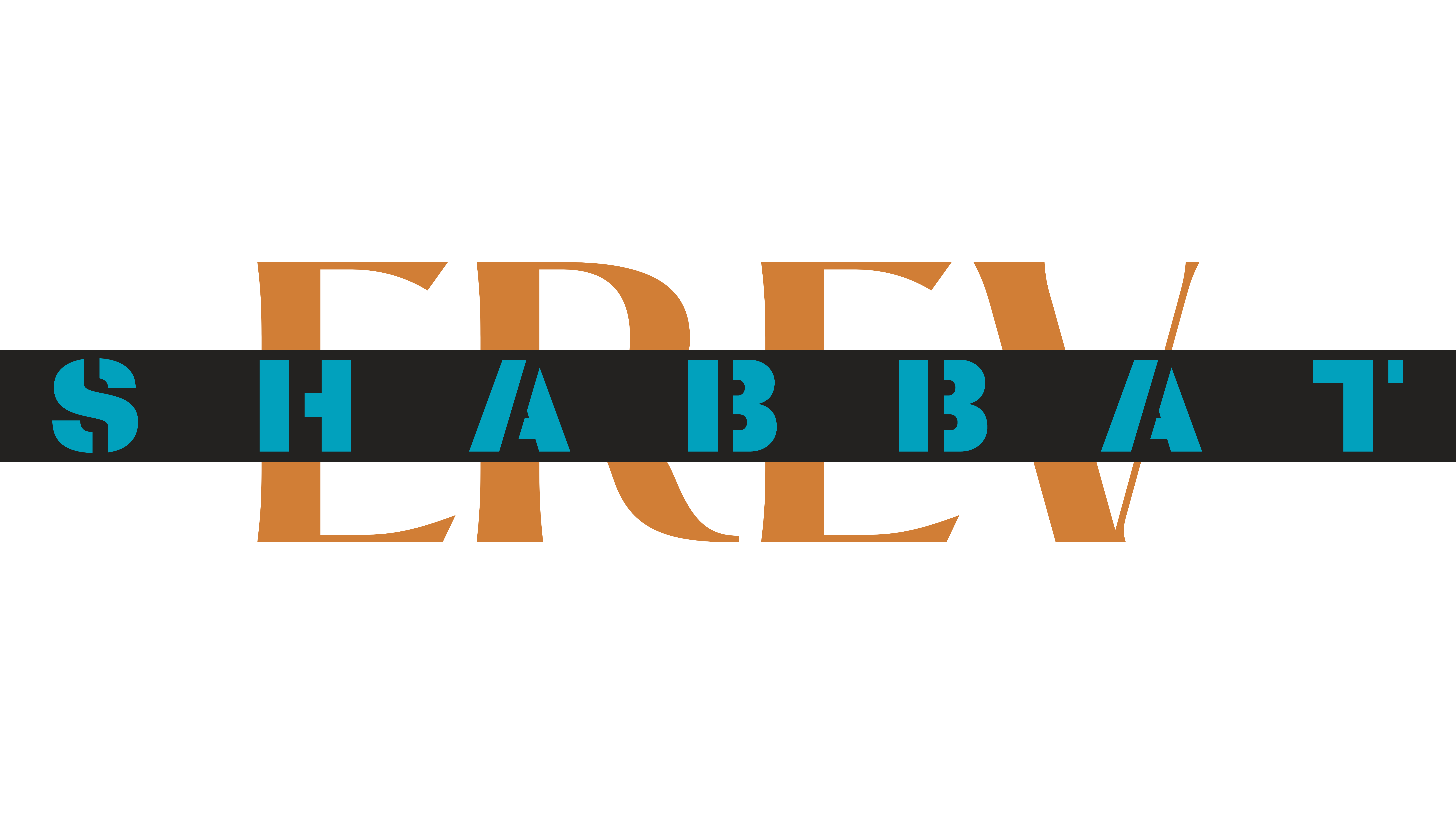Since the original sin, humanity is all perfectly aware that it lost its life when leaving the Garden of Eden. Even atheists can realize with their eyes that death reigns absolutely everywhere, down to the smallest details of the created world. Since Yahuwah has expelled Adam and Eve in the visible world that we know, all the efforts of humanity converging on a specific point: overcoming death. This is confirmed to us by the statement of Yahuwah himself, when he says:
And Yahuwah said, “The man has now become like one of us, knowing good and evil. He must not be allowed to reach out his hand and take also from the tree of life and eat, and live forever.” So Yahuwah banished him from the Garden of Eden to work the ground from which he had been taken.
Genesis 3: 22-23
The major objective of humanity is thus the annihilation of death or at least the delay of its coming. In the meantime, man is trying to make his life sweeter, more pleasant, more lively. To achieve this, he invents all sorts of methods: he replaces work with amusement – music, drugs, the satisfaction of his psychical and carnal desires, feasts and orgies.
In short, we can say that what governs the world is the quest for the well-being of body and soul, longevity together with the reconquest of eternal life. In a word,
the most inherent characteristic of mankind is the pursuit of his own redemption.
Our life on earth is nothing more than a state of death in which man has exiled himself by his own fault. For his part, Yahuwah has shown unimaginable clemency. Instead of immediately executing the judgment that man deserved, namely the sentence of true and final death, He offered us an opportunity to redeem ourselves. It is not our own task to do so, but He redeems us by his own sacrifice. The Almighty has given us the exile of the Garden of Eden in this mixed state that we call life on earth. This state between life and physical death includes the possibility of recovering the salvation of our spirit by accepting the only possible path to eternal life, to the lost Eden and even more through the Grace of the Messiah. What some christian denominations call the purgatory is nothing else than our earthly “life”.
It is this great return that Yahuwah offers us when He gave His only begotten Son, that whoever believeth in Him should not perish, but have everlasting life.
Most people, on the other hand, accuse Yahuwah of having shown incredible cruelty for having inflicted such a severe sentence on all humanity for a single bite of “apple”.
They cannot understand the reason why does Yahuwah allow so much suffering, injustice, and crime.
These questions rise up sooner or later in the consciousness of all, whether they are believers or not.
However, we forget one thing,
the fault committed by the first man deserved immediate death, instant and definitive annihilation.
The fact that Yahuwah granted us a certain delay before the execution of the sentence seems so natural to us that we have long since forgotten that we absolutely do not deserve it. This divine grace that is still in force today, we consider it as it was dued to us.
Although the breath of death is still well perceivable. The death’s existence is often not regarded as the consequence of our sin, but as the severity of Yahuwah. Thus, the majority of men turn away from him and pursue their own paths in order to defeat their destiny. Fior this purpose, mankind is continually seeking for pleasure, hedonism, lust, libertinism. Medicine and various cures also seem to be the most appropriate tools to reach their objective. As the Word of Yahuwah reveals man’s individual responsibility for his mortal state, the most common reaction is rebellion. Instead of accepting judgment and ask for Grace, people rather chose a gentler and easier way to revitalize and make themselves happy.
They choose the glory and the provisional and ephemeral redemption offered by the silver and the gold of which their idols are clothed instead of the power of the Redemption of the Messiah.
Man makes the Almighty responsible for the loss of his eternal life. He turns away from Yahuwah with anger and bitterness to turn to human solutions. This man who invents innumerable schemes and whose degree of progress had almost reached its peak, the highest number that man can reach, which is the number of men and which is deeply incomplete. (read the texts: Vision of the Future 666: Peace and Safety, Science fiction or Reality?)
We can observe similarities in the father-child relationship. Remembering our childhood, how many times have we rebelled against the will of our physical father and transgressed his commands causing a lot of damage around us. When our father rebuked us. Weren’t we angry against him instead of assuming our responsibilities and recognizing our fault? Have we not blamed him for being too harsh, forgetting that we would have deserved a good spanking or other punishment that we did not always received? We have often escaped punishment for a variety of reasons. It’s usually much later that we realize that our father was right and that we should have been grateful to him for being so kind with us.
Our childhood memories can be of great help in making the right decisions concerning Yahuwah, while we are still alive. For example, the question of what solution do we adopt to recover our lost life: the human solution that ends in death, or the solution of the Messiah that leads to eternal life?
see also: B-Reshit / B-beginning / B-plan, Vision of the Future 666: Peace and Safety, Science fiction or Reality?
WATCH THE VIDEO VERSION OF THIS TEACHING

